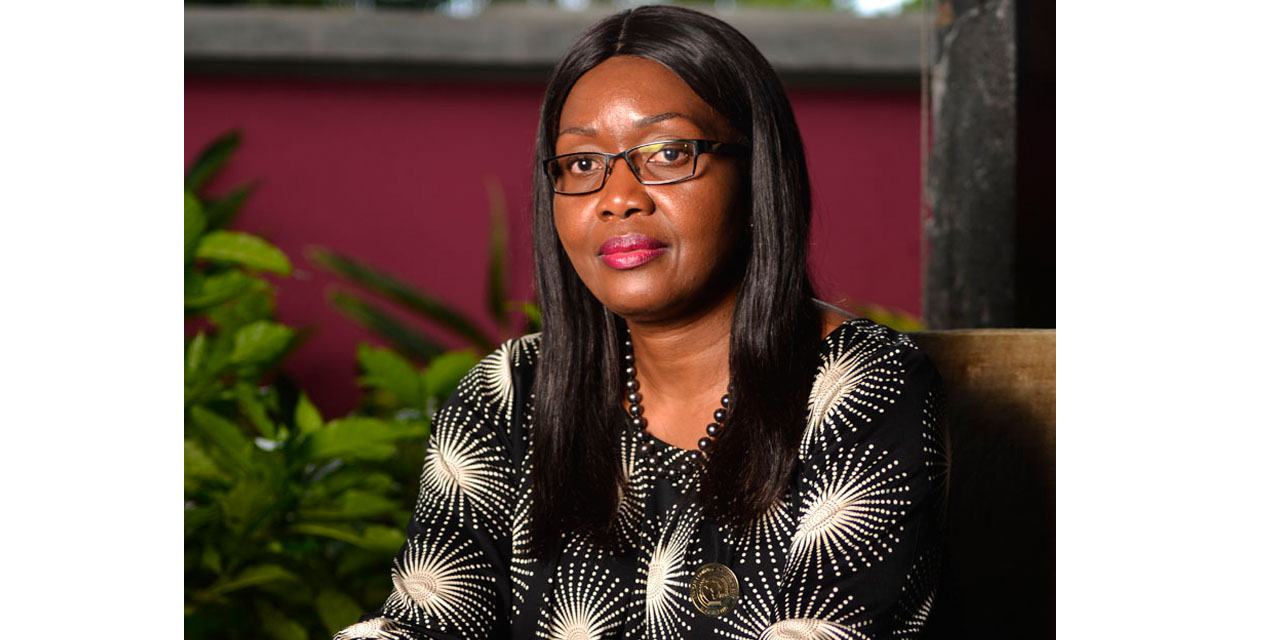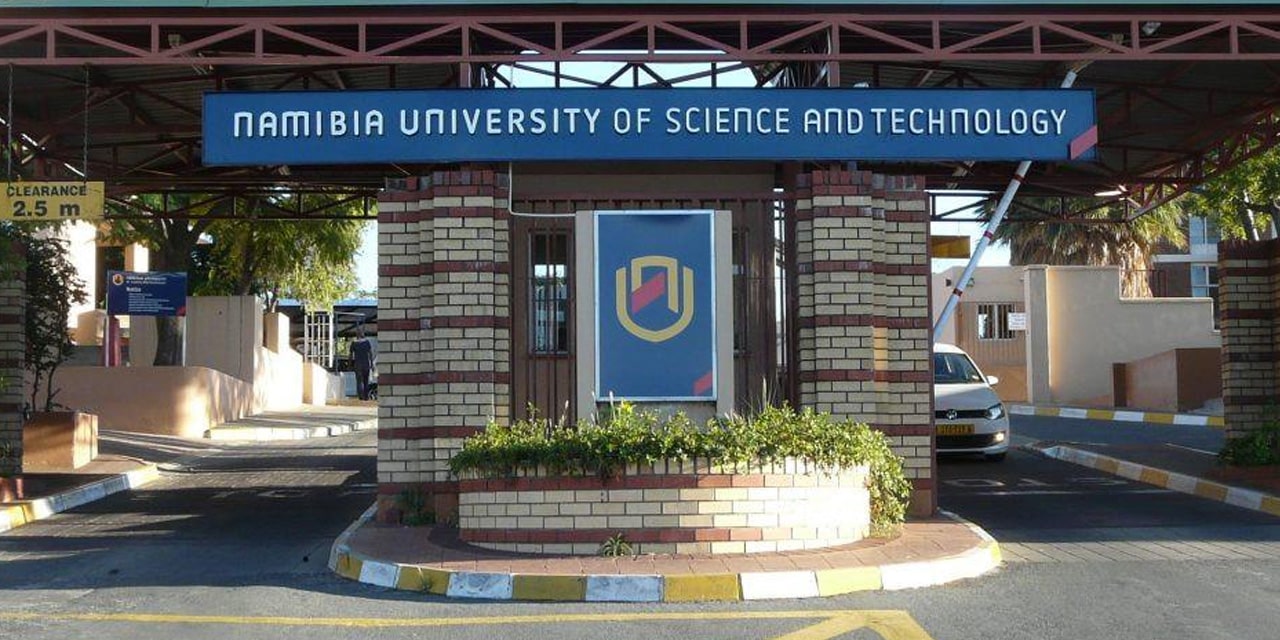Martin Endjala
Namibia and its development partners have announced the launch of various intervention projects, to uplift the livelihoods of the vulnerable groups in the country as well as building resilience.
This announcement was made today by the Prime Minister Saara Kuugongelwa-Amadhila in Windhoek, that the projects will be undertaken with the help of the Republic of Japan and United Nations agencies.
About USD$1.6 million has been made available by the Japanese government towards the Covid-19
vaccination campaigns and equipment including other emergency health issues. A further USD$500 was- injected towards nutritious food under the World Food Program (WFP). This was revealed by the Japans Ambassador to Namibia Hisao Nishimaki.
Nishimaki said that social economic crisis has negatively impacted many livelihoods, thus pointing out that collaborative efforts cannot be overemphasized as it is the only way to help those falling behind in terms of food security, GBV and health, women and children.
The Prime Minister said that the country is prone to drought and flood disasters, where in some cases they occur at the same time in one region.
Kuungongelwa Amadhila stated that the partnership between Namibia, Japan and the UN agencies is not new and that it will help in consolidating the promotion of sustaining household needs that have been heavily impacted by the surge of economical inflation.
She continued by emphasizing that the government is currently formulating a resilient strategic implementation, not to only get emergency help but to also have the capabilities to resist the persistence of some of the crisis in the country.
United Nations representative Sen Peng said that the budget support for this fiscal year supports innovation, multi-sector social poverty alleviation programmes, responding directly to the needs of the poorest and most vulnerable.
“As you know the negative impact of COVID-19 on livelihoods continues to have far reaching consequences with poverty rates projected to increase. The upper middle-income poverty rate is projected to stay near 65 percent throughout 2022, Peng stated.
He added that predictably, female-headed households, the less educated, larger families, children
and the elderly, and labourers in subsistence farming, are particularly prone to poverty. Lamenting that this means that they have their work cut out for them, as they work on the frontlines responding to the needs of the Republic of Namibia.
Among the envisaged interventions said to be carried out are emergency response and resilience building to improve livelihoods, food security and nutrition in locust affected regions of Namibia.
Addressing Gender-Based Violence (GBV) in emergency responses in the context of COVID-19, the eligible projects also aid to benefit the development and promotion of Carbon Markets in Namibia to achieve net-zero emissions and climate resilience in response to climate emergencies.
Peng is confident that through integrated, multi-sector approach to development programming, and by drawing upon skills and capabilities from around the region and internationally, UN and Namibia will make a lasting contribution to addressing Namibia’s development priorities for the benefit of generations to come. Kuugongelwa-Amadhila stressed the need to protect women and children against GBV, adamantly arguing that even if the country’s economy recovers and grows its GDP, while GBV continues to prevail, it will still reflect negatively onto the country’s efforts in attaining its SDGs as adopted in the Harambee Prosperity Pan 2.




